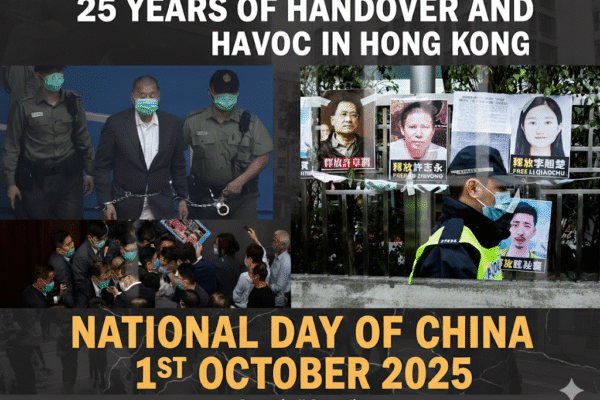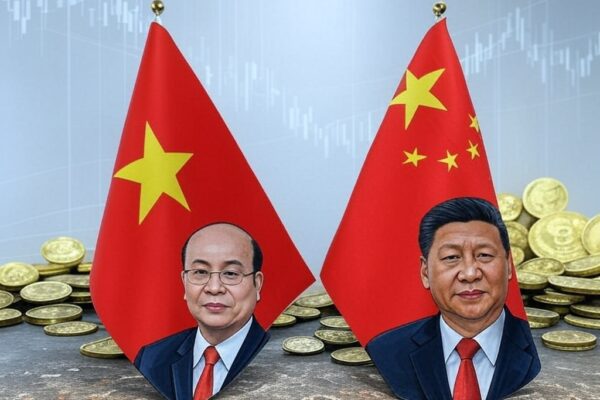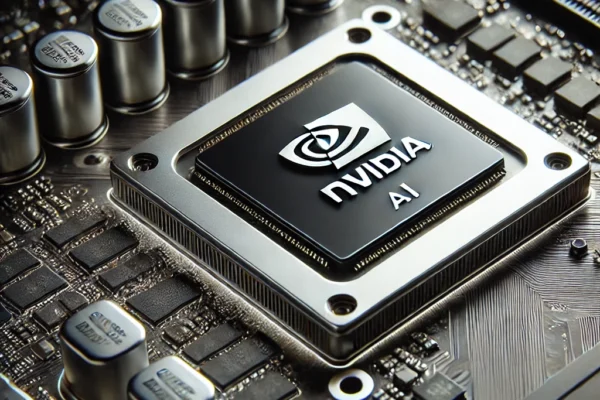
Airbus Secures New Chinese Orders as Boeing Leads in 2025 Net Bookings
Airbus secures $4.1 billion in new A320 jet orders from two Chinese airlines, strengthening its China position even as Boeing leads global net aircraft orders in 2025.

Airbus secures $4.1 billion in new A320 jet orders from two Chinese airlines, strengthening its China position even as Boeing leads global net aircraft orders in 2025.

China denies links between its arms trade and the escalating Cambodia–Thailand border conflict, as Beijing pushes ceasefire talks amid rising regional tensions.

South Korea secures US approval to build nuclear-powered submarines under a major trade and security deal involving $350bn in investments and reduced tariffs.

25 years of handover and havoc in Hong Kong have been presented in this investigative report. It shows the timeline of Hong Kong and changes post National Security Law in a comprehensive manner.

South Africa ramps up vaccinations to combat a worsening foot-and-mouth disease outbreak threatening beef supplies, with over 900,000 doses ordered and Karan Beef’s major feedlot under quarantine.

In the year 1989, around 1.5 million Chinese students, workers and common citizens occupied Beijing’s Tiananmen Square to protest against the ruling regime. This was the largest political protest in communist China’s history. More than 6 weeks of protests ended with the brutal Tiananmen Square Massacre of 3-4 June.

Vietnam Strikes Back: Anti-Dumping Tariffs on Chinese Steel Signal Regional Pushback Against Beijing’s Economic Aggression

China accuses US of using fentanyl as a pretext for tariffs, escalating tensions. They have said they will fight till the end against USA.

Despite strict U.S. export controls, China is exploiting underground trade networks to obtain Nvidia’s most advanced AI chips. Traders are circumventing restrictions by routing shipments through third-party resellers in Southeast Asia, allowing Beijing to access cutting-edge technology that powers artificial intelligence development, military applications, and mass surveillance. This black-market operation poses a direct challenge to U.S. national security and global stability. China’s Shadow Network: How AI Chips Are Smuggled In Since the U.S. imposed export bans in 2022 to limit China’s access to high-performance AI processors, an underground network of brokers has emerged. These middlemen purchase Nvidia’s latest Blackwell and restricted Hopper chips from authorized suppliers in Malaysia, Vietnam, and Taiwan before reselling them to Chinese buyers at inflated prices. One striking case involves a vendor in Shenzhen who received an order for more than a dozen Blackwell servers—each containing eight AI processors—for a Shanghai-based customer. The buyer deposited $3 million into an escrow account, with the shipment planned for mid-March. This transaction highlights the efficiency and scale of China’s illicit semiconductor trade. Chinese resellers also use deceptive tactics to evade scrutiny, including: Some traders have become so confident in their ability to bypass restrictions that they openly advertise available AI servers on social media. A recently circulated video showed unopened Nvidia H200 servers stacked in a Chinese warehouse, ready for distribution. Why China is Desperate for Nvidia’s AI Chips China’s aggressive push to acquire AI processors is not just about technological advancement—it’s about securing dominance in artificial intelligence, which has critical implications for national security, military strategy, and surveillance. The demand for Nvidia’s Blackwell and Hopper-series chips stems from their unmatched capabilities in training advanced AI models, which play a vital role in: With each passing month, China’s reliance on smuggled AI chips grows, fueling its technological ambitions despite U.S. attempts to slow them down. U.S. Efforts to Crack Down—And China’s Evasive Tactics In response to these illegal trade networks, Nvidia and other U.S. tech firms have strengthened their “Know Your Customer” policies, conducting stricter background checks on buyers. Meanwhile, authorities in Taiwan and Singapore have ramped up scrutiny of high-tech exports, making it harder for smugglers to move large shipments. However, China’s black market is evolving. Resellers now go to extreme lengths to evade detection: Despite increased enforcement, the sheer demand for AI chips means the illegal trade continues at a rapid pace. The Global Risk: What Happens Next? The unchecked flow of AI chips into China is more than just a trade violation—it’s a direct security threat to the U.S. and its allies. If Beijing gains unrestricted access to cutting-edge AI technology, it will accelerate its development of military AI, strengthen its authoritarian surveillance state, and challenge the global balance of power. The Biden administration, along with allies in Asia and Europe, must act swiftly to close loopholes in semiconductor exports. Without a coordinated international response, China will continue to exploit the underground tech trade—fueling an AI arms race that threatens global stability.